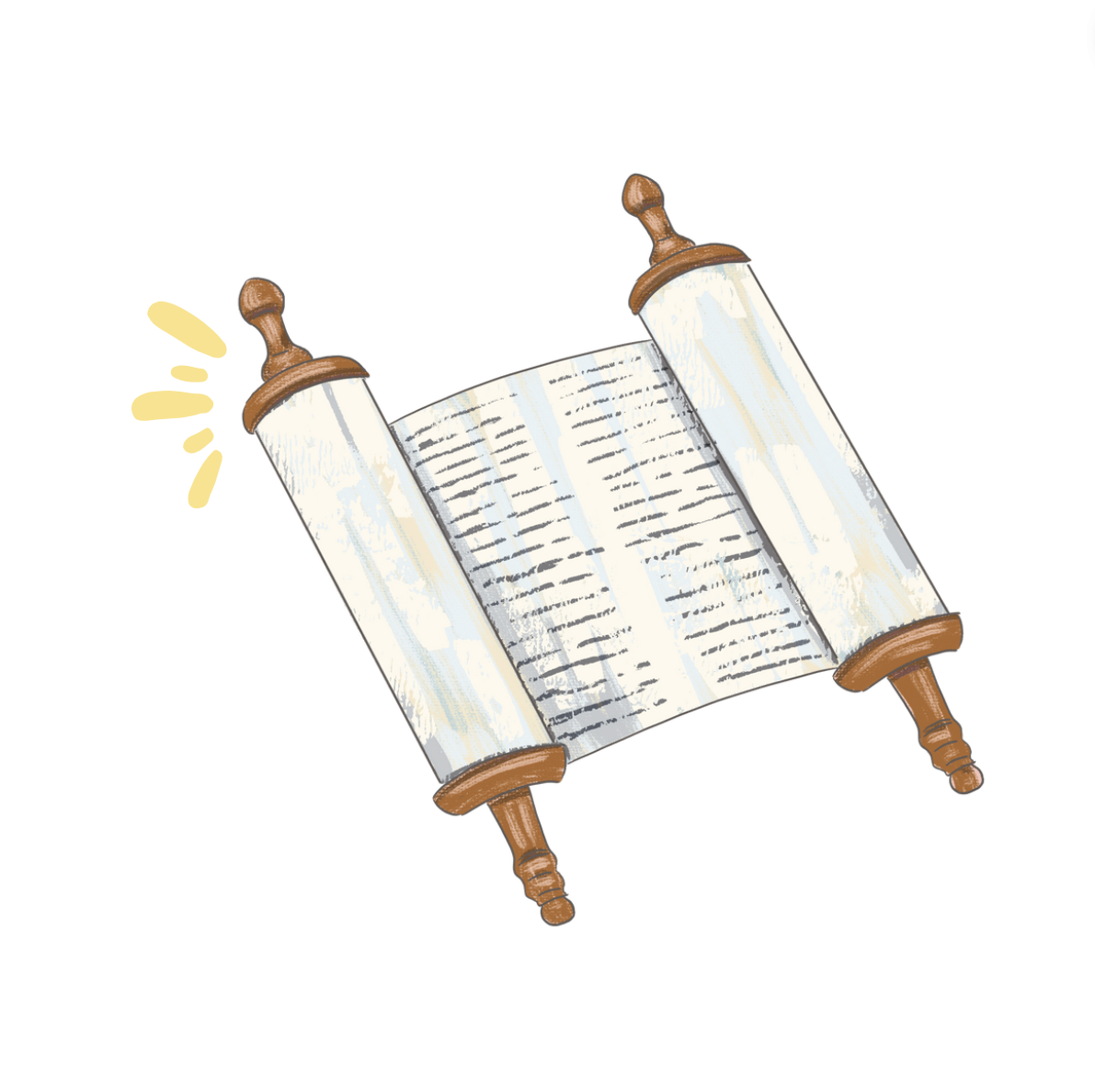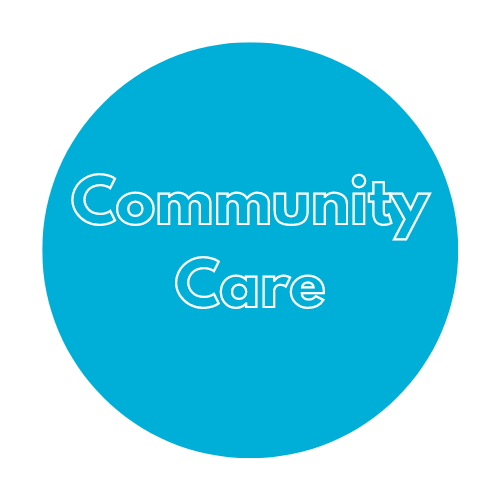Life can be so entangling sometimes. Complications arise on a daily basis. Demands pile up. We make lists to get through. And the structure, the map to getting things done, is actually a comfort, giving order to the chaos of what it can sometimes feel like to be alive.
In last week’s Torah portion, Va’yera, God calls upon Abraham to sacrifice his son Isaac, one of the most profoundly challenging notions in the entire Jewish tradition. It’s a story that has provoked, angered, and troubled some; and, paradoxically, has consoled others with its uncommon call to service and faith, exemplifying father and son’s apparent devotion to God by the demonstration of their willingness to accede to the Divine command.
There is doubtless an enormously compelling quality to the story. Abraham and Sarah, Jewish civilization’s founding father and mother, have trouble conceiving. Isaac comes late, practically a miracle. His half-brother Ishmael torments him. The family breaks apart when Hagar and Ishmael are expelled by an angry and protective Sarah. And no sooner does that occur when God calls upon Abraham to sacrifice his son — by “listing” his demand. “Take your son. Your only son. The one you love. Isaac. Go to the land of Moriah. Offer him as a burnt offering. On one of the mountains I will show you.” The Sages love this listing. They point out that imbedded in it is a dialogue between Abraham and God that is about breaking the news slowly, easing Abraham into the news. And even giving Abraham a chance to argue back, in the space between the words. “Take your son.” “I have two sons.” “Your only son.” “Ishmael is only to his mother and Isaac is only to his.” “The one you love.” “I love them both!” Exasperated, God finally says, “Isaac!”
The listing allows us to see Abraham as hesitant, protective, and a clever negotiator. It shows our forefather in dialogue with his God, pushing back on the command, arguing. How could he not be the first Jew?
And another list, which leads to more dialogue, this time between father and son. Get up in the morning. Saddle the ass. Take two servants. Fetch Isaac. Carry some wood.
Isaac notices and says to Abraham, “My father, I see the fire and the wood. But where is the lamb for the burnt offering?” Like two shop owners going over a list of what to do to get the day’s work done, Isaac intuits the moment but chooses not to ask directly what is actually going on. He is a willing participant in the drama. “God will provide Himself the lamb for the burnt offering, my son.” It is a chilling, powerful confession of faith.
But for purposes of argument, the lists provide the structure, the form in which the drama plays out. It creates the space not only for Abraham and Isaac to address one another but bequeaths to future generations the opportunity to confront the text, to ask difficult questions, to forge meaning from the moments directly in front of them.
Which leads us to this week’s Torah portion, Chaye Sarah. The parshah begins by announcing Sarah’s death but doesn’t reveal why she died. The midrash says that when Sarah heard the news of Isaac’s near sacrifice, she had a heart attack and died. The underlying assumption, we can assume, is that the event was a deeply traumatizing one, tearing at the fabric of the family. It raises questions about faith and what the price can be for our devotions when they veer toward the extreme. It is a tragic story not only for the result but for the ways in which questions and answers are not always explicitly related but rather are buried and subsumed, left for future generations to learn from.
“And the life of Sarah was a hundred years. And twenty years. And seven years. These were the years of Sarah. And Sarah died in Kiriath Arba. Which is Hebron. Which is in the land of Canaan. And Abraham eulogized her. And cried for her.”
Another list. Rashi says that the Torah delineates Sarah’s age this way to eulogize her as well. “She was as beautiful at 100 as she was at 20 and as sinless at 20 as she was at 7. And each of those 127 years was an expression of her inherent goodness.”
But there is another list is even more instructive. It shows us that first Abraham eulogized Sarah and only then he cried. First he had to tend to the business at hand. He had to buy a plot. He had to make a funeral for his wife. Speeches were made. Food was served. Mourners and consolers gathered together. Only then could the tears really flow. Only then, with time and the beginning of distance from the trauma, could reflection bear the fruit of wisdom. “Time heals all wounds” rings a bit hollow here. We might say that time offers the space to heal, even when scars remain.
Consider Pittsburgh and the precious lives taken last Shabbat in an act of anti-Semitic terror. How do we not, on some level, see these eleven beautiful souls as having offered their lives to God in such a moment? Praying, in synagogue, on Shabbat. Doing what Jews are commanded to do by their God for a thousand generations. It’s mind-boggling, disturbing, challenging, enraging, and yes, deeply moving and inspiring at the same time. How many prior generations of Jews have died simply for being Jews? The tradition says that this death is called “Kiddush Hashem,” a sanctification of God’s name. From the Romans to the Crusades to the Inquisition and through the Holocaust is the history of Jews who died only because they were Jews. And rather than run from this reality or curse God, our tradition engages with lists of questions and arguments and prayers and theologies and poetry and art — in an ongoing tapestry of what it means to be a Jew: to draw goodness and wisdom from the bitter waters of human suffering.

Malbim, a nineteenth century Polish rabbi, said of this sequence of events, of the dialogue and the lists shared by father, mother and son, “It’s not where you’re going, it’s how you get there,” an expression of Jewish wisdom that I have personally found to be of profound comfort on countless occasions. And as we watched our extended Jewish family in Pittsburgh come to terms with the outrageous violence and destruction wrought at the Tree of Life synagogue, with an all too acute awareness of the traumatic reverberations that will continue to rock the lives of survivors for the rest of their lives, we have an opportunity to apply Malbim’s wisdom for comfort and for good.
“It’s not where we are going it’s how we get there” is found in the outpouring of love and support from Jewish communities all over the world.
“It’s not where we are going it’s how we get there” is found in the outpouring of love and support from Americans of all faiths who gathered not only in Pittsburgh but in communities all over the nation in displays of interfaith solidarity that is the greatest peaceful response to the anti-Semitism in Pittsburgh, to the racism in Charleston, to the hatred of Islam and Sikhism in Oak Creek and on and on.
“It’s not where we are going it’s how we get there” is our call to action to show justice and love and mercy to our neighbors not despite our differences but because of our differences. Our diversity is a blessing, a teaching the rabbis of the Talmud made quite clear two thousand years ago when they said that God made the human in the Divine Image, formed with the breath of life in different colors of earth, in order to teach that no one is better than any other.
This we know. This we Jews have always testified to throughout our history. And so we draw up lists, over and over again to remind people of this wisdom, of these eternal truths.
Be kind to the stranger, for your were strangers in the land of Egypt.
What does God require of you? Do justly, love mercy, and walk humbly with your God.
Love your neighbor as yourself.
Carry the list with you. Read it once in a while. Talk about it. But don’t just talk the talk. Walk it, too.
Because remember: It’s not where we are going, it’s how we get there.
May the best of our humanity shine a light of hope and peace for our city and our nation. May all faiths and nations join as one to refuse the hate and to increase the unlimited capacity for love and justice and peace.








